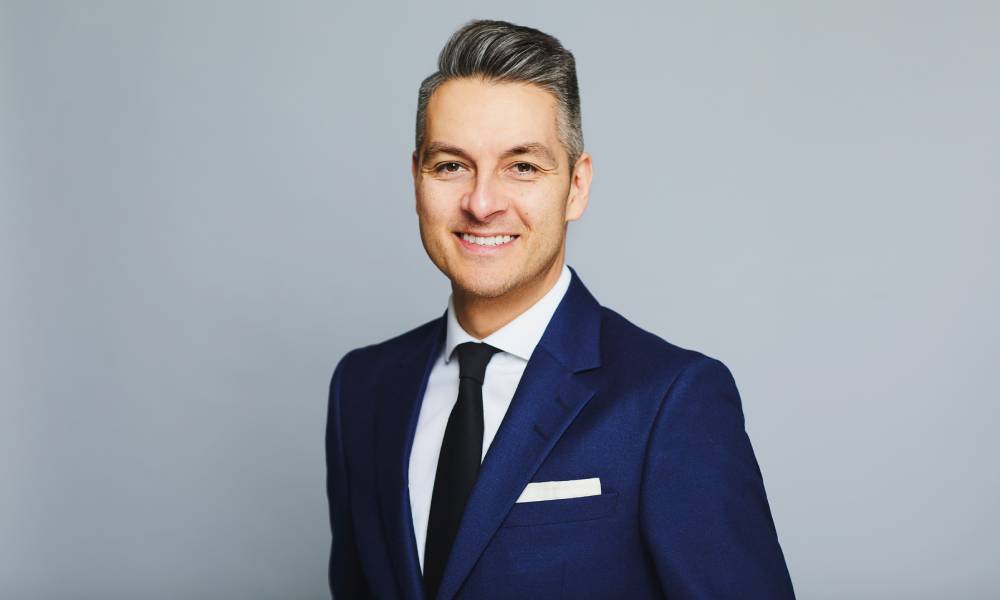Responsible Investment Association argues lack of standards should not prevent conversations around sustainability and values

The Responsible Investment Association of Canada (RIA) has called on both of the industry’s self-regulatory organizations to help promote the adoption of sustainable investing by making ESG part of client discussions.
In comment letters submitted to the Mutual Fund Dealers Association of Canada (MFDA) and the Investment Industry Regulatory Organization of Canada (IIROC) last month, the RIA argued that the SROs’ guidance and rule changes to comply with the client-focused reforms (CFRs) should include obligations for registrants to include questions about ESG in their know-your-client (KYC) processes.
The association referred to an Ipsos survey it commissioned in 2020, which found that 72% of Canadian retail investors were interested in responsible investments that aligned with their values. However, while 75% of respondents said they want their financial advisor or institution to talk to them about responsible investments, only 28% said their advisor or institution had actually done so.
“Clearly, there is a significant disconnect between what investors are seeking with respect to RI and ESG-focused products and the information that their financial services providers are providing,” the RIA said, asserting that the SROs’ proposed guidance can and should help bridge that gap.
Speaking out in an interview with Wealth Professional, RIA CEO Dustyn Lanz took the view that RI and ESG considerations should be counted under an advisor’s duty to make sure their client is receiving suitable investment advice.
“If a client is interested in ESG or sustainability, and if the advisor doesn't know that, then the advisor really doesn't know their client well enough to make suitable investment recommendations,” Lanz said.
In its comments to the MFDA and IIROC, the RIA noted how ESG guidance is already being provided to advisors in other jurisdictions.
The Australian Securities and Investment Commission (ASIC) has adopted a light-touch approach, saying that advice providers must form their own view about how far their best-interest duty requires them to ask about a client’s attitude toward ESG considerations. Advice providers, they said, may need to ascertain whether environmental, social, or ethical considerations matter to the client and, if so, conduct inquiries about them.
Meanwhile, pursuant to recent amendments to the MiFID II framework in the European Union, investment firms’ obligation to act in clients’ best interest will include ascertaining sustainability preferences alongside investment horizons, risk tolerance, and risk appetite as information that’s relevant in determining investment objectives.
In its submissions to IIROC and the MFDA, the RIA pushed for the SROs to update their guidance with language recognizing that clients’ investment objectives may include not just issues of performance and investment risk, but also investing in line with ESG criteria or other personal preferences.
“Our submission does not create an obligation to take specific actions in a client conversation,” Lanz told WP. “Our submission is saying that clients may have an investment objective related to sustainability, so registrants should seek to gain an understanding of those preferences.”
While a move to include ESG in KYC discussions will surely be welcomed by investors and advocates of sustainable investing, others may push back. Some stakeholders have said that given the relative nascency of ESG investing, there’s a risk of greenwashing as issuers of securities and investment product providers make false claims about their offerings being ESG-friendly.
Lanz acknowledged that greenwashing is an area of legitimate concern. Aside from being complex, he said responsible investing is inherently subjective – different investors might have different ideas on what outcomes companies are responsible for, for example. On top of that, he said there’s still a lot of fragmentation when it comes to standards and frameworks to define responsible investing.
But in his view, the current lack of a solid framework shouldn’t prevent advisors from digging deep and making sure their clients’ investments and values are aligned.
‘Right now, without the standardization in the market, that means there's more work for advisors in terms of due diligence and research,” Lanz said. “But the fact that there's no standard doesn't mean we should forget about the client's investment objectives.”



